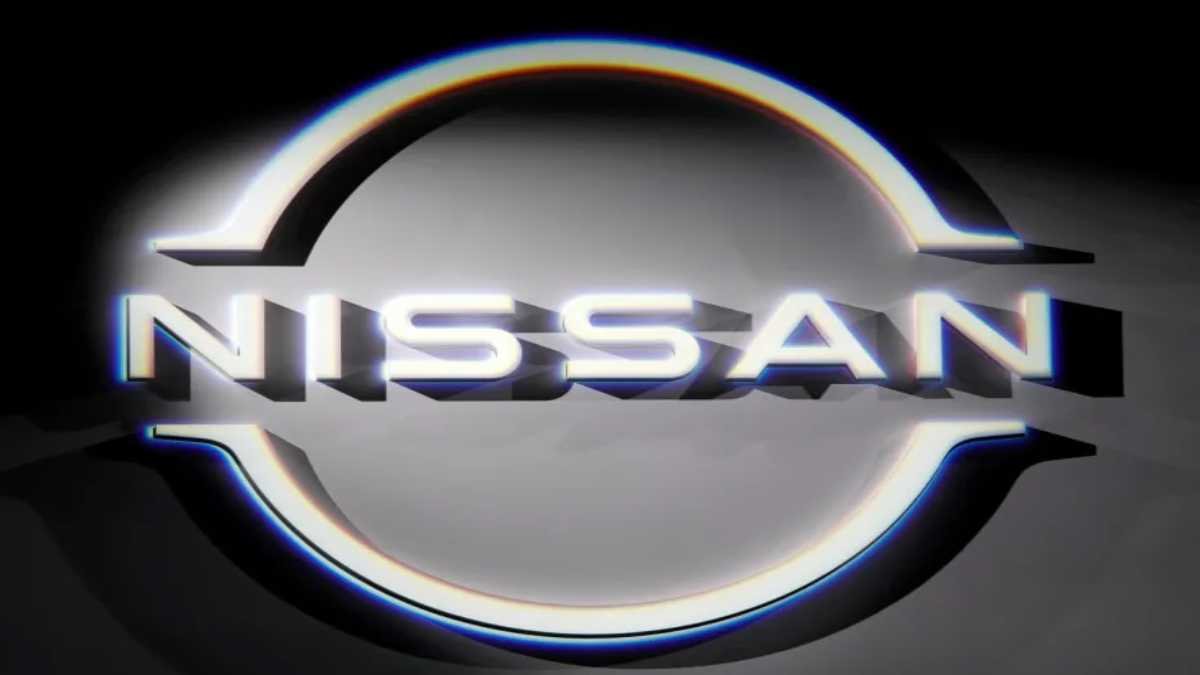Nissan Struggles: Financial Crisis, Competition, and an Uncertain Future for UK Workers

Nissan, once a leader in the global automotive industry, is now facing a precarious future that threatens the jobs of 7,000 workers in the UK. The Japanese automaker is grappling with significant financial turmoil, fierce competition, and a failure to adapt to evolving market conditions. With massive debts and declining sales, Nissan’s path forward remains unclear.
Leadership Changes Amid Financial Crisis
The situation worsened when Stephen Ma, Nissan’s Chief Financial Officer, resigned amidst the company’s battle to avoid bankruptcy. Financial Times reports that Nissan could accumulate a staggering £4.4 billion ($5.6 billion) in debt by 2026, with global sales dropping 3.8% to 1.59 million vehicles in the first half of this fiscal year. This decline is exacerbated by a 14.3% slump in the crucial Chinese market, signaling that Nissan is struggling to maintain its competitive edge.
Nissan’s CEO, Makoto Uchida, has taken drastic steps to combat the crisis, including cutting global production capacity by 20% and slashing £2 billion ($2.6 billion) in costs. However, insiders worry that these efforts may not be enough to reverse the company fortunes.
Competition from China: A Major Threat
One of the primary reasons behind Nissan’s decline is the rise of affordable electric vehicles (EVs) from Chinese automakers. Companies like BYD, Geely, and Chery have made significant strides in the EV market, offering low-cost, innovative cars that are gaining traction globally. BYD, for example, has reported £22 billion ($28.2 billion) in quarterly revenue, surpassing Tesla £19.7 billion ($25.2 billion).
Nissan’s failure to anticipate the growing popularity of hybrid and plug-in hybrid vehicles has compounded its troubles. CEO Makoto Uchida admitted that the company underestimated the hybrid market, stating, “This has been a lesson learned. We weren’t able to foresee that hybrid electric vehicles would become so popular.” This oversight, coupled with the flood of affordable Chinese EVs, has significantly eroded Nissan’s market share.
Uncertainty Over Sunderland Plant
The crisis is casting a long shadow over Nissan Sunderland plant, the largest car manufacturing facility in the UK, which employs around 6,000 workers. Local leaders are concerned that the plant’s future is in jeopardy, with some fearing that factory closures could devastate the regional economy. A senior Nissan official ominously noted, “We have 12 or 14 months to survive.”
To mitigate the impact, Nissan is implementing changes to maximize efficiency, such as adjusting production line speeds and shift patterns. However, experts suggest that these measures may not be sufficient to secure the plant long-term survival.
Fading Strategic Alliances
Nissan’s struggles are further complicated by the potential collapse of its 1999 alliance with Renault and Mitsubishi. Renault is expected to reduce its financial stake in Nissan, which could further destabilize the company. This breakdown in strategic partnerships may leave Nissan scrambling for government support or new alliances to survive.
In a last-ditch effort to stabilize the company, analysts speculate that Nissan could form a new alliance with Honda, Japan’s second-largest automaker. However, this potential partnership remains uncertain, and experts warn that it could be a risky move for both companies.
As Nissan continues to grapple with its financial and competitive challenges, its ability to adapt and secure new alliances will determine whether it can survive or risk becoming another casualty in the rapidly changing automotive industry.






